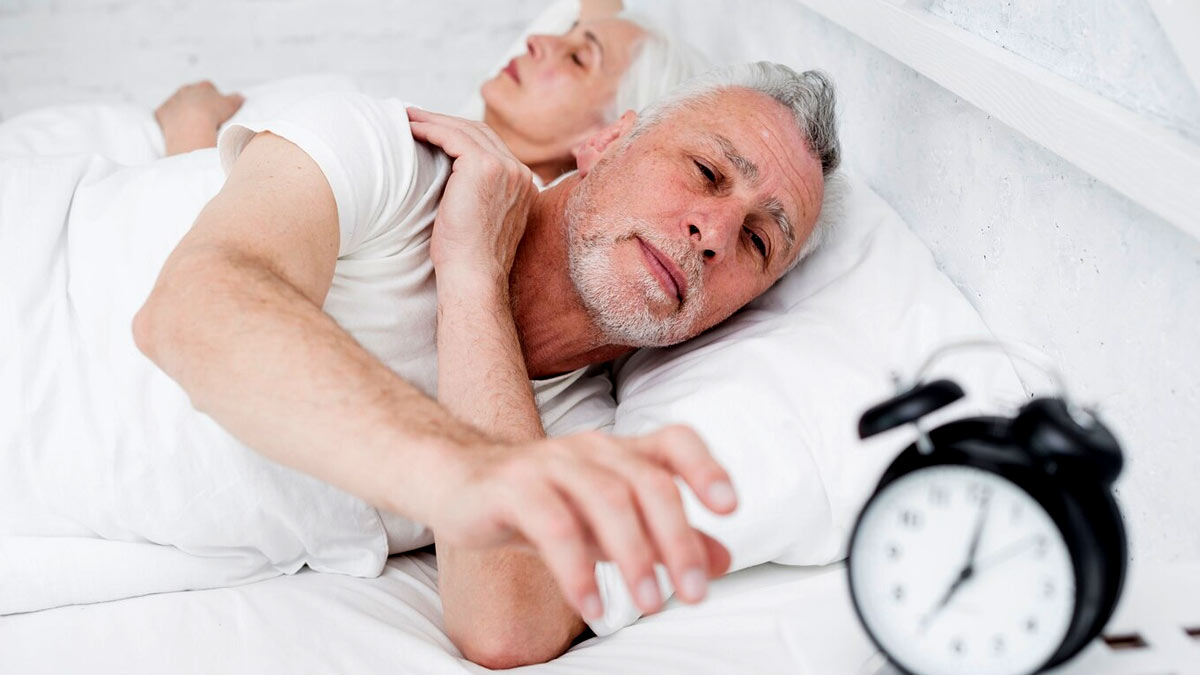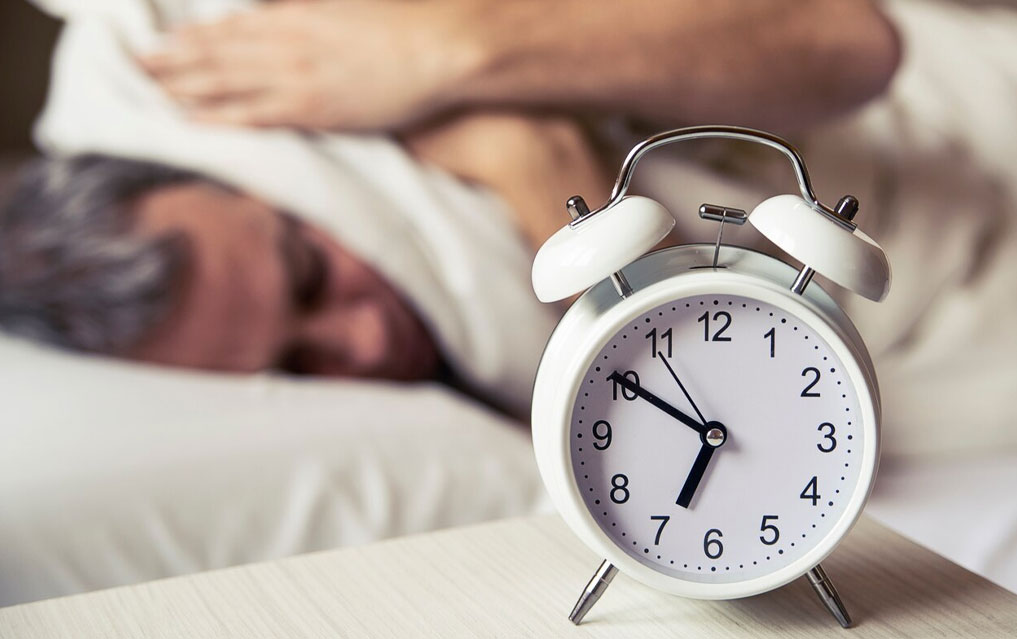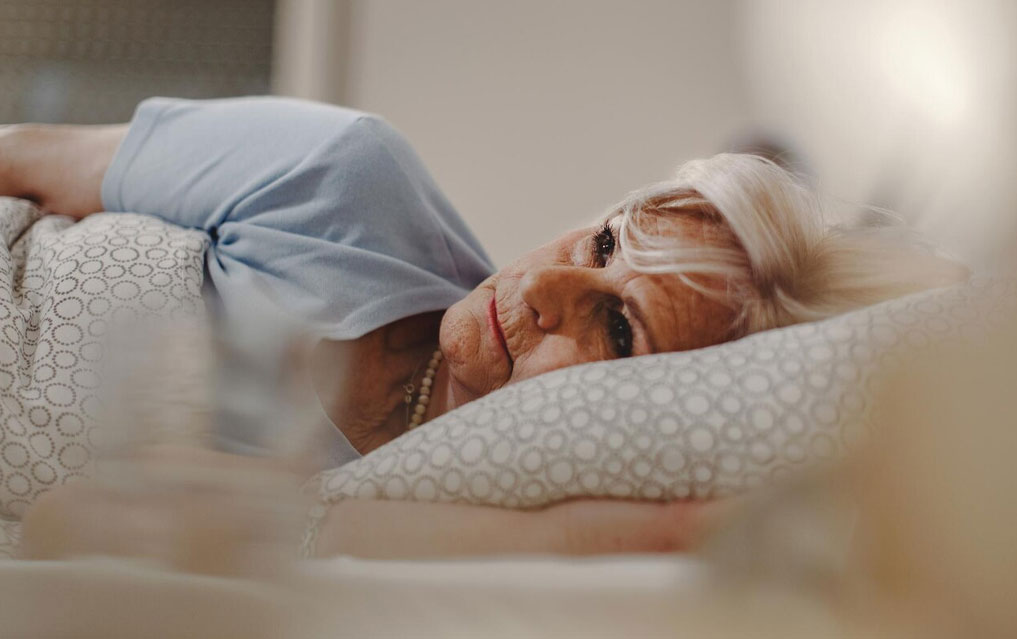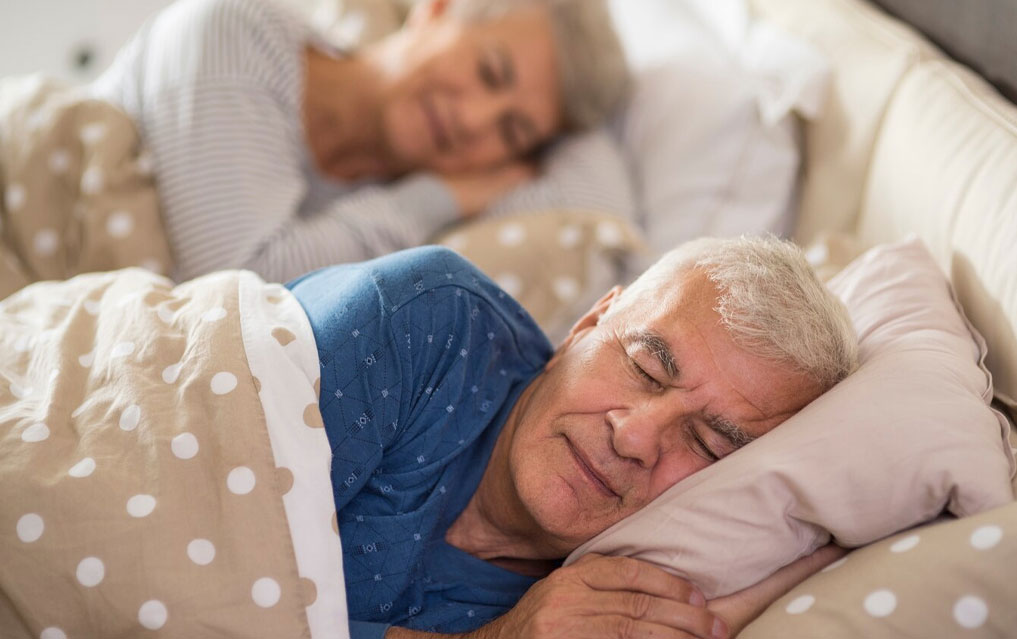
Ageing is a natural process that nobody can escape. As you age and grow older, different bodily systems experience various changes. This includes alteration in sleep patterns. According to the US Sleep Foundation, this occurs due to a change in the circadian rhythm as people age. In a conversation with the team of OnlyMyHealth, Dr Manish Itolikar, Consultant Physician, Fortis Hospital Mulund, sheds light on the same and lists down ways to improve sleep quality.
Sleep Pattern Changes With Ageing

As we age, it is common to experience changes in the quality and duration of sleep, according to Dr Itolikar, who explains that disturbance in sleep occurs due to changes in the body's internal clock, which is located in the part of the brain called the hypothalamus. “This part of the brain controls a 24 hour daily cycle that is called circadian rhythm,” she says.
Also Read: How Maintaining A Sleep Schedule Boosts Your Heart Health: Ways To Create One
In addition, reduced production of melatonin can cause disrupted sleep in older adults. Melatonin is a hormone naturally produced in the brain, which helps in regulating the sleep-wake cycle or the circadian rhythm and is often used as a dietary supplement to help with sleep problems or jet lag.
Dr Itolikar also mentions that some conditions can affect sleep in older people. These include depression, anxiety, heart disease, diabetes, and arthritis.
Many times, certain drugs also cause disturbances in sleep patterns.
Moreover, lifestyle changes that often come with ageing contribute to poor sleep quality and duration of the sleep.
A study published in the BMC Public Health found that approximately 30% of older adults usually got less than the recommended seven hours sleep per day, and 9% experienced frequent daytime fatigue, 13% frequent insomnia, 18% frequent insomnia/poor quality sleep, and 8% potential Obstructive Sleep Apnoea (OSA) symptoms.
Age-Related Changes In Sleep

Some of the common signs of age-related sleep changes include:
- Advance sleep timing
- Shortened nocturnal (nighttime) sleep duration
- Increased frequency of daytime naps
- Increased number of nighttime awakening
- Discomfort and pain during sleep
- Nighttime urination
- Insomnia
- Daytime drowsiness
- Sleep apnoea
Also Read: Sleeping With Your Bra On Does Not Give You Breast Cancer: Myths Debunked
How To Improve Sleep

According to Dr Itolikar, there are ways and sleep hygiene tips that can help improve sleep quality and reduce sleep disturbances. These include:
- Older people who exercise regularly fall asleep faster, sleep longer and report better quality of sleep
- Reduce bedtime distractions like television, smart phones and bright lights
- Avoid substances like alcohol, tobacco, caffeine and large meal
- Keeping a regular sleep schedule and a routine bedtime improves sleep quality
“Sometimes, it is helpful to make changes in the bedroom that reduces the risk of falls in older adults. Keeping a phone by the bed so that the person is able to call for help in an emergency. Make sure that the light is within reach of the person and never keep hazardous material in the bedroom,” she adds.
Also watch this video
How we keep this article up to date:
We work with experts and keep a close eye on the latest in health and wellness. Whenever there is a new research or helpful information, we update our articles with accurate and useful advice.
Current Version